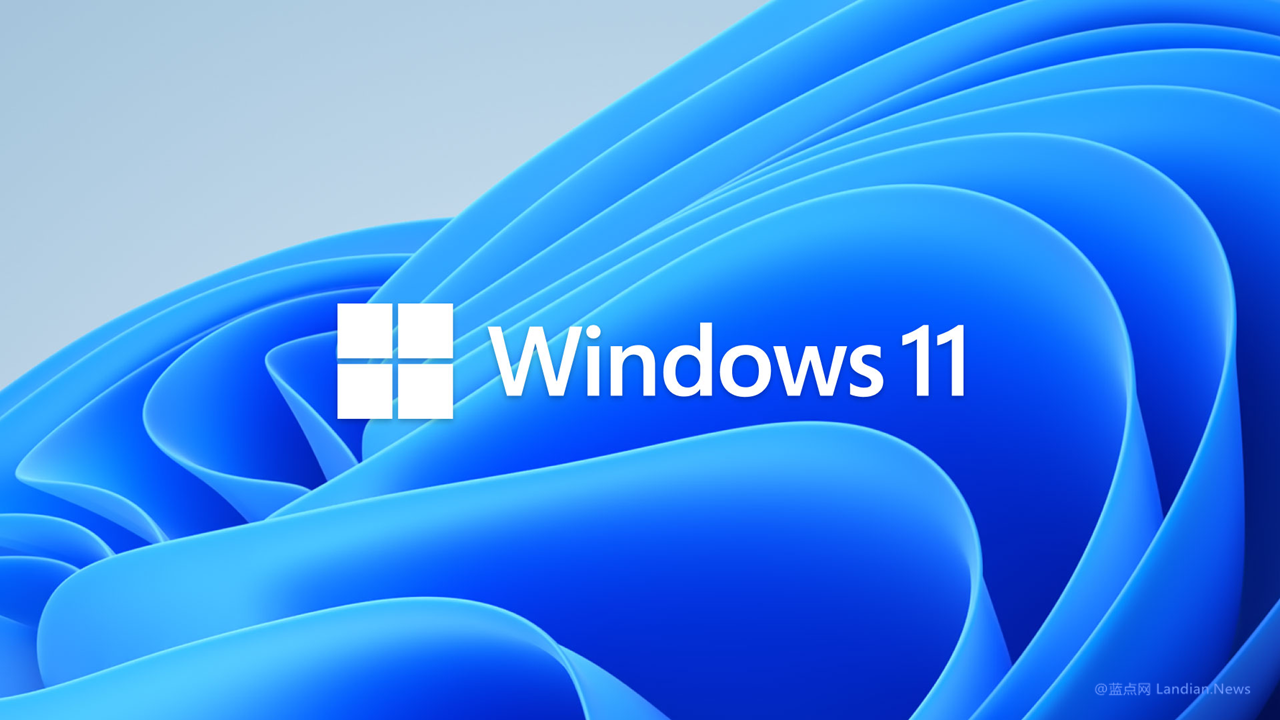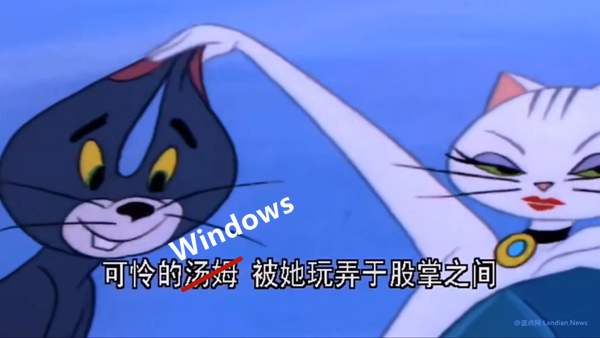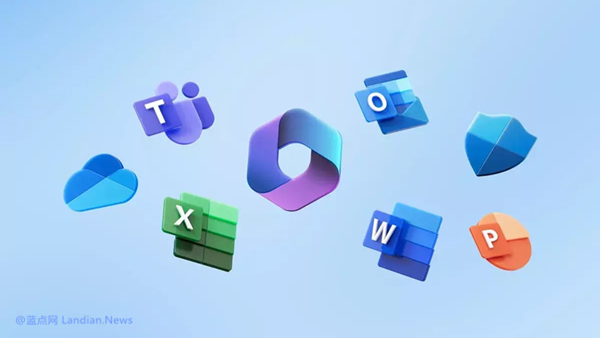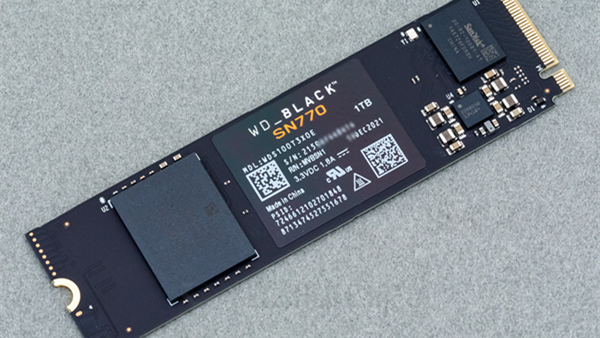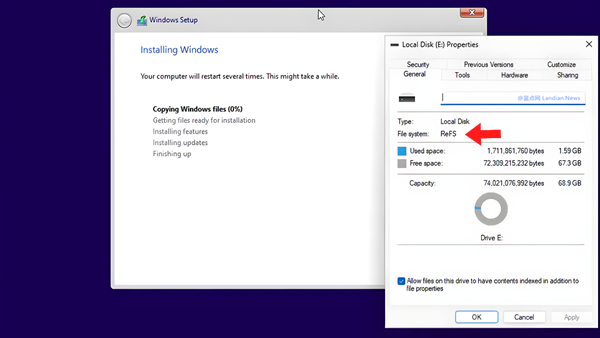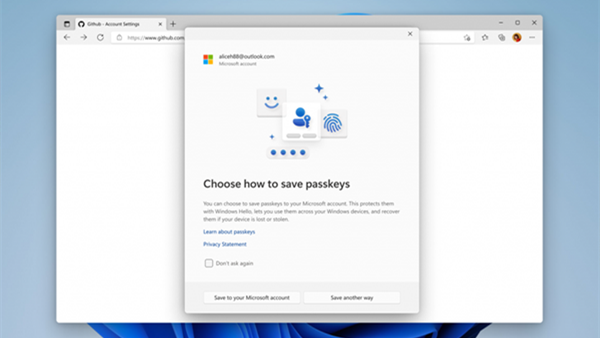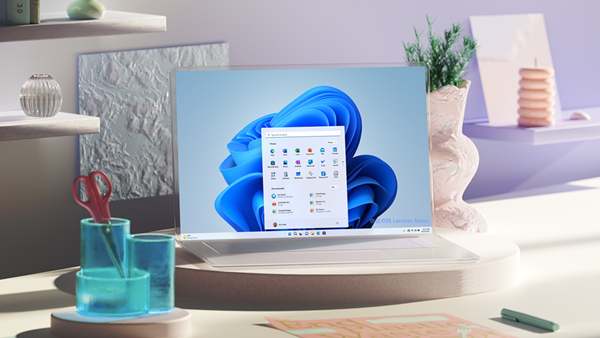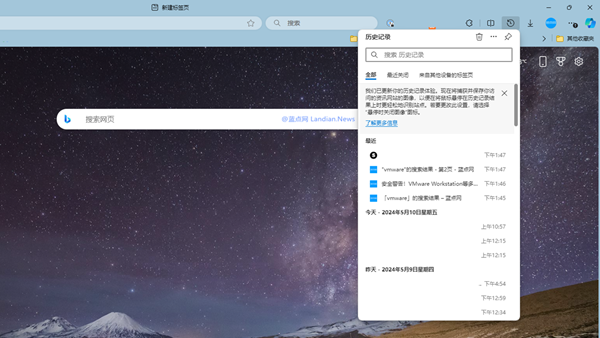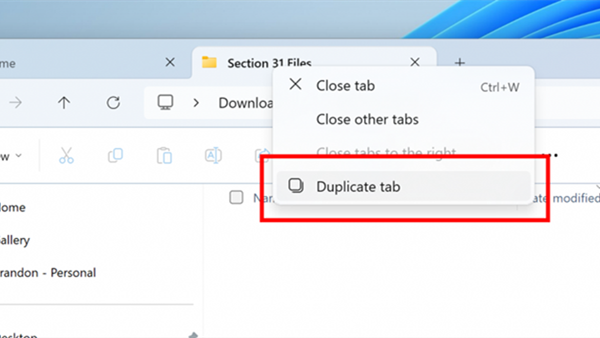Due to ongoing technical issues, Microsoft Decides to Temporarily Remove Certain Windows 11 Virtual Machine Evaluation Images
Microsoft Irregular updates its Windows 11 virtual machine evaluation images, which can be used without activation. These images, after being packaged into virtual machines, can be downloaded, imported, and used by users and developers without the need for manual deployment and installation.
Typically, the virtual machine images provided by Microsoft include versions for Hyper-V, VMware, Parallels, and VirtualBox. However, starting July 15, Microsoft will remove two versions of the virtual machine images.
The versions to be removed are for VMware Workstation and Parallels, with the former primarily aimed at Windows and Linux users, and the latter designed to help Mac users run Windows 11 virtual machines.
In fact, since June, Microsoft has paused the update of virtual machine images, with the latest version being April 2024. These evaluation images are still usable, but developers will need to install the latest updates themselves after deployment.
Why is Microsoft emphasizing the removal of images starting July 15? The reason is a built-in expiration mechanism known as a "time bomb" in the evaluation images. Once the expiration date is reached, the system will frequently display expiration prompts that cannot be fully dismissed, affecting normal usage.
The "time bomb" for the previously packaged VMware and Parallels Desktop versions is set for July 15. Therefore, even if users continue to download old versions of the evaluation images, they will soon become unusable.
Microsoft explains that the removal of these two platform versions is due to persistent technical issues. However, the company emphasizes that this is only a temporary measure, and the images will be made available again once the issues are resolved.
The specific nature of these technical issues has not been clarified. Although a recent update by Microsoft led to system crashes during virtual machine installation, this problem only emerged in June and theoretically should not affect versions from May or June, suggesting other technical issues may be at play.
